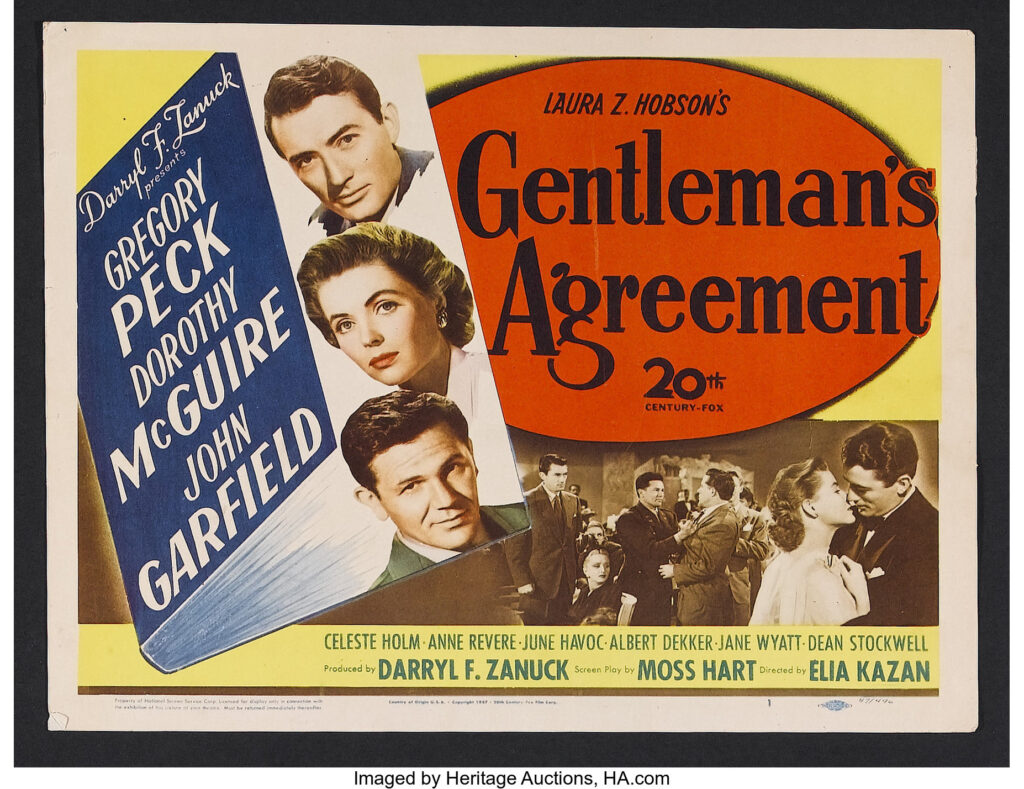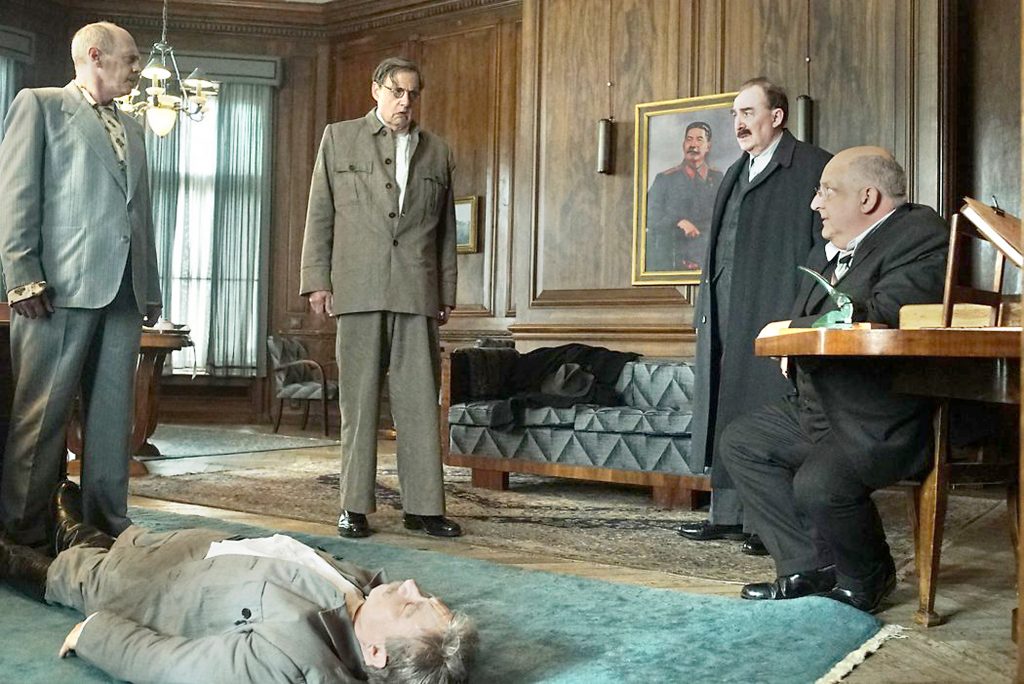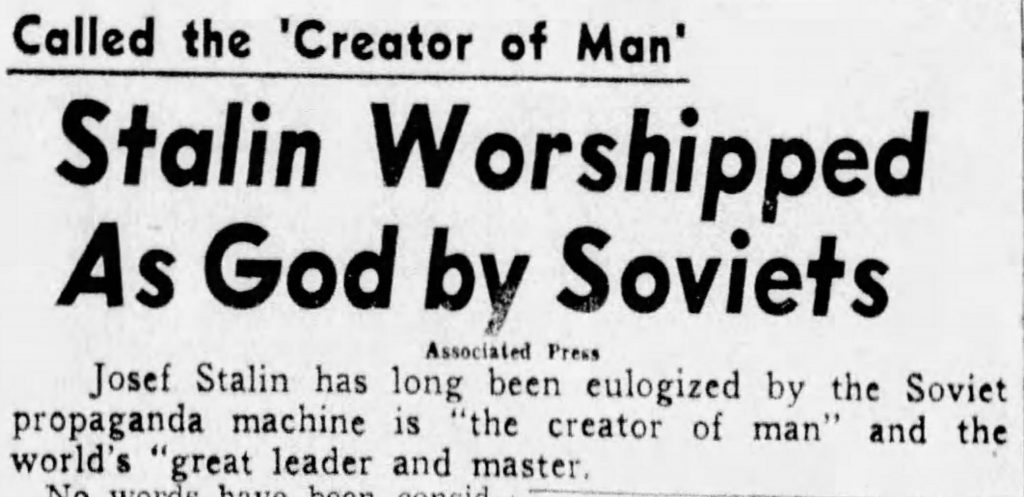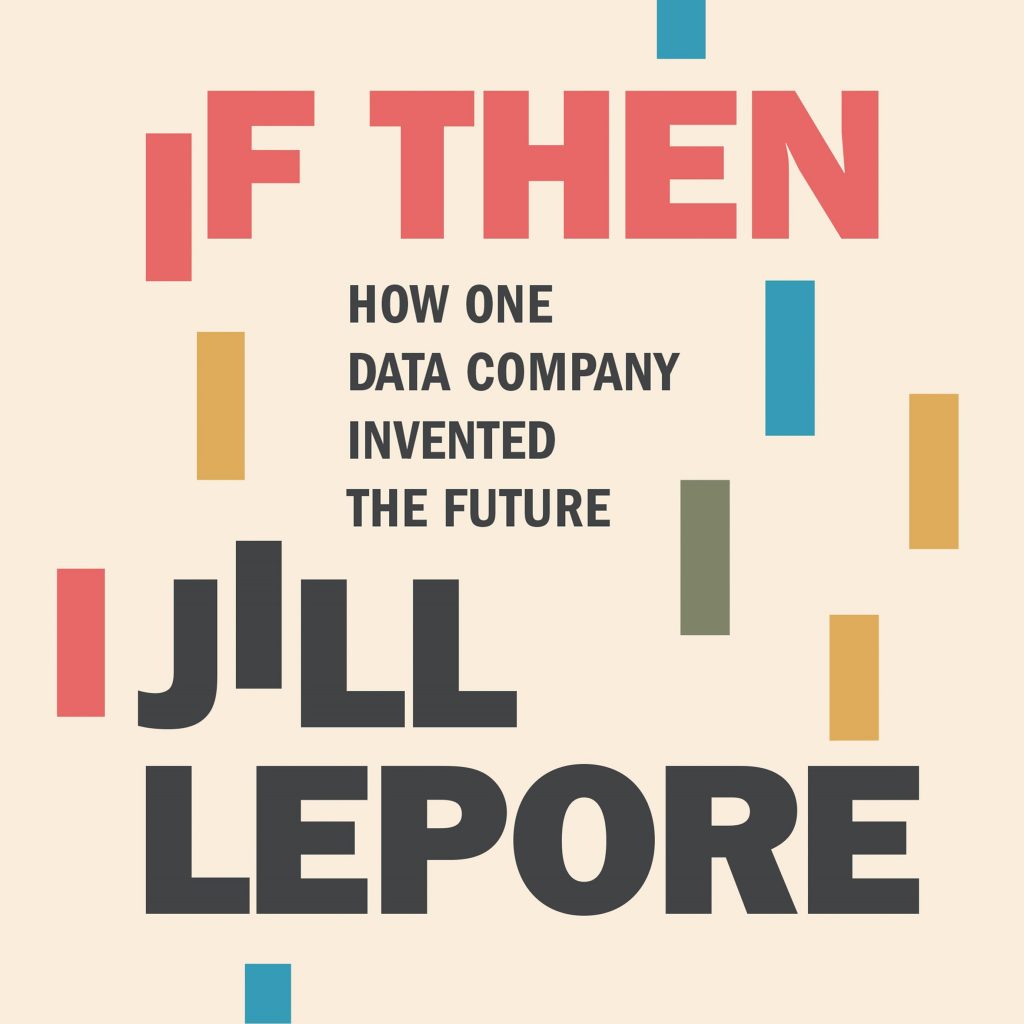When celebrated Hollywood producer Darryl F. Zanuck made his 1947 Academy Award winning film Gentleman’s Agreement, the United States – and the world – was only beginning to reckon with the horror of the Holocaust.
Zanuck, a Nebraska boy who served in France during World War I before becoming a movie industry powerhouse, may have been the only Tinseltown big wheel who could have made a feature film about American anti-Semitism. Zanuck wasn’t Jewish.

Anti-Semitism was a potentially explosive issue, even given all that had become known about systematic genocide against European Jews during a horrible war that had ended just two years before the film premiered. With the exception of Zanuck, all the big studios – Warner Brothers and Metro Goldwyn Mayer, for example – were headed by Jewish movie bosses, the same people who had been attacked prior to US entry into World War II for disseminating anti-Nazi, pro-British propaganda.
Nazi Germany had been defeated on the battlefield and the Aryan nationalism – and anti-Semitism – at the core of Nazi ideology seemed to have been forcefully and finally repudiated. But Zanuck knew better. The particularly virulent strain of American anti-Semitism had not been repudiated. It wasn’t even underground, but existing in plain sight, tolerated and perpetuated by “good Americans” who couldn’t conceive that “those people” were really the subjects of widespread discrimination, or worse.
In many places American Jews couldn’t be a member of a country club, attend some colleges or own a home in certain neighborhoods. The US State Department, a Waspish collection of mostly-Ivy League Gentiles, was notoriously anti-Semitic. The radical right in the America of the 1930s and 40s trafficked the fiction that Franklin Roosevelt – a lifelong Episcopalian – was really a secret Jew, the mastermind not of the New Deal, but the Jew Deal.
Deeply embedded in the American DNA is the old trope that Jews control the media, entertainment and high finance and are foisting a “globalist” agenda on us. The old slurs and hatreds are back with a vengeance, often accompanied by violence. As journalist Alexander Nazaryan noted recently, “Jews are targets of about 60 % of all religious-driven hate crimes across the United States, a fact that is especially surprising since Jews make up only 2.4% of the American population.”
In Gentleman’s Agreement the supremely talented Gregory Peck plays a hot-shot magazine writer, Phil Green, who is commissioned by a big national publication to write a piece on anti-Semitism. Peck’s character, a widower with a young son, struggles to develop an angle for his story. He could cite numbers and official reports, but such an approach would hardly be compelling. Finally, he settles on an approach – he will pretend to all but his immediate family to be Jewish in order to investigate the slurs, discrimination and hatred firsthand.
Predictably reporter Green begins immediately experiencing the sting of discrimination. His son is taunted as a “dirty kike.” His fiancé is one of the “good people” who abhors anti-Semitism, but nevertheless refuses to do much of anything about it. Green’s pal, an Army veteran and a Jew, is assaulted in a bar and struggles to find a home for his family. The hotel where the journalist and his wife plan to honeymoon is “restricted,” no Jews allowed due to an unspoken “gentlemen’s agreement.”
There is much to ponder in this old and important film and much that sadly remains all too relevant, particularly as a once and potentially future American president welcomes to his dinner table the pathetic rapper Kanye West and one Nick Fuentes, perhaps the most loathsome anti-Semitic white supremacist (which is saying something) in today’s radical right.
There is no real point, given all he has done, to further condemn Donald Trump for enabling and encouraging the racist, anti-Semitic right. Trump is what he is. Always has been.

Rather, this moment of anti-Semitic reckoning is about the “good people” who are smart enough to see this hate in technicolor, but still flinch from action, rather like the actress Dorothy McGuire in Zanuck’s film. In her heart McGuire’s character condemns discrimination, but by her inaction she acquiesces to evil.
This old movie story is little different than a host of Republican officeholders who have either remained silent – again – or condemned discrimination without denouncing the perpetrators of such hatred.
An exception is the most prominent Mormon in Congress, Utah Senator Mitt Romney.
“There is no bottom to the degree to which he’s willing to degrade himself, and the country for that matter. Having dinner with those people was disgusting,” Romney said of Trump’s dining companions. “Anybody else” would be a better party leader, Romney said.
“I don’t think he should be president of the United States. I don’t think he should be the nominee of our party in 2024,” he said. “And I certainly don’t want him hanging over our party like a gargoyle.”
But hang he does. In the same way that hate hovers over the radical right stretching from Idaho’s lieutenant governor who appeared at a Fuentes sponsored event earlier this year to Georgia congresswoman Marjorie Taylor Green who appeared at the same forum. Both used Trump’s lie – I don’t know this person – to excuse associating with Fuentes.
For the record, Fuentes, a big presence on social media, has called for a dictatorship in America with Trump president for life. He wants to prohibit women from voting, and even end elections. He’s the worst of the worst of the racist core of the radical right. Fuentes, says the Anti-Defamation League, “seeks to forge a white nationalist alternative to the mainstream GOP.”
How difficult is that to condemn? How hard is that to ignore? Ask your Republican congressman or your conservative state legislator, your governor. Good luck getting them to respond.
A remarkable feature of Darryl Zanuck’s 1947 film about anti-Semitism was the ease with which the script called out well-known racists of that time. Zanuck sought legal advice as to whether he risked libel by condemning by name notorious Mississippi racists Theodore Bilbo and John Rankin, as well as Gerald L.K. Smith, a white nationalist media star of his day not unlike Fuentes today. In the end Zanuck said, to hell with it.
“Let them sue us,” Zanuck said. “They won’t dare, and if they do, nothing would make me more happy than to appear personally as a witness or defendant at the trial.”
Smith did sue over the film – and lost, a fitting reminder that bigots confronted can be bigots defeated.
For far too long from Georgia to Idaho, from Arizona to Iowa those who make nice with the racist, radical right have gotten a nearly unlimited free pass from “good people” who know better. Their compliancy only begets more hate.
As one reviewer has noted, “Gentleman’s Agreement reaped high rewards for its bravery, intelligence, and entertainment value” and carried away awards for its director, Elia Kazan. Would it be that a bit more bravery and intelligence presented itself now when hatred once again so desperately needs unequivocal condemnation from conservatives.
—–0—–
Additional Reading:
A few other items that may be of interest …
Stewart Rhodes’ son: ‘How I escaped my father’s militia’
The Oath Keepers leader, Stewart Rhodes, was convicted this week of seditious conspiracy, a huge development for legal and law enforcement authorities pushing back against the collection of radicals who stormed the Capitol on January 6. This story about Rhodes’ family is, well, something else.

“Family life became Oath Keepers life. Tasha would welcome members into their home; Dakota would answer militia emails and, when he was older, drive his father to and from Oath Keepers events.
“But during long stretches when Rhodes was on the road, the rest of his family felt like life was closing in on them. ‘We were so insular and isolated that the date and time and what day of the week it was, or what year it was, had very little bearing on our internal lives,’ Dakota said.
“Today, Dakota lives in a one-room apartment down a country road outside a small Montana town, not far from the family home he escaped.”
Read the whole thing – from the BBC.
Elon Musk’s Twist On Tech Libertarianism Is Blowing Up On Twitter
You may have heard entirely too much already about about this guy, but this piece by Derek Robertson delves into the libertarian mindset of Musk and his ilk in Silicon Valley.
“Elon Musk’s ownership of Twitter is a window into a distinct mindset, common to Silicon Valley but not exclusively of it, that glorifies individual dynamism over group consensus-building.”
I have some other thought, but I’ll leave it at that. Read the piece here.
How Virginia Woolf Shunned—and Then Embraced—T.S. Eliot

“To be taken on by Virginia Woolf was a triumph for Eliot … It meant acceptance by London’s literary elite.”
From LitHub.
The Northwoods Baseball Radio Network Is On The Air
Northwoods Baseball Sleep Radio is a full-length fake baseball game. There is no yelling, no loud commercials, no weird volume spikes. Fans call it “baseball radio ASMR”.
It is the perfect podcast for sleeping or relaxing, if you’re into that kind of thing.
Available wherever you get your podcasts.
See you next week. Be careful out there. Thanks for reading.






























